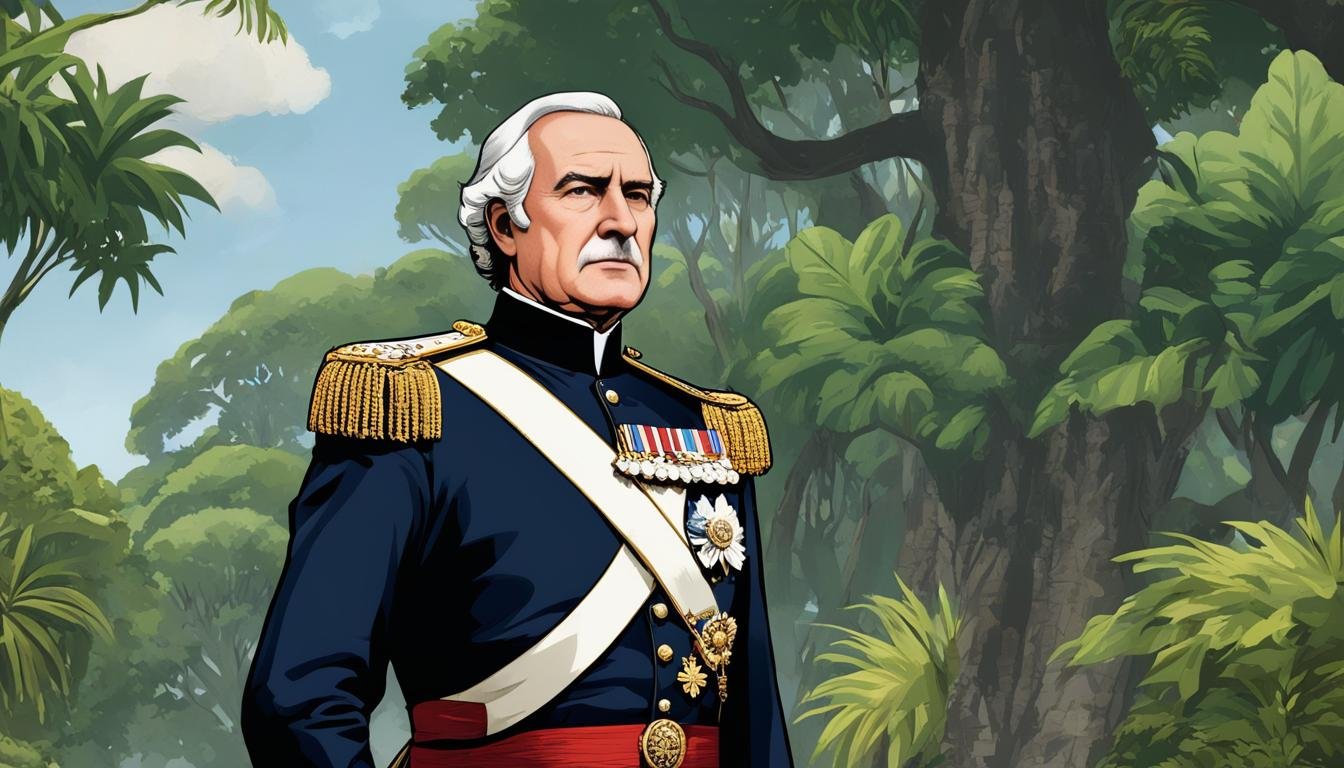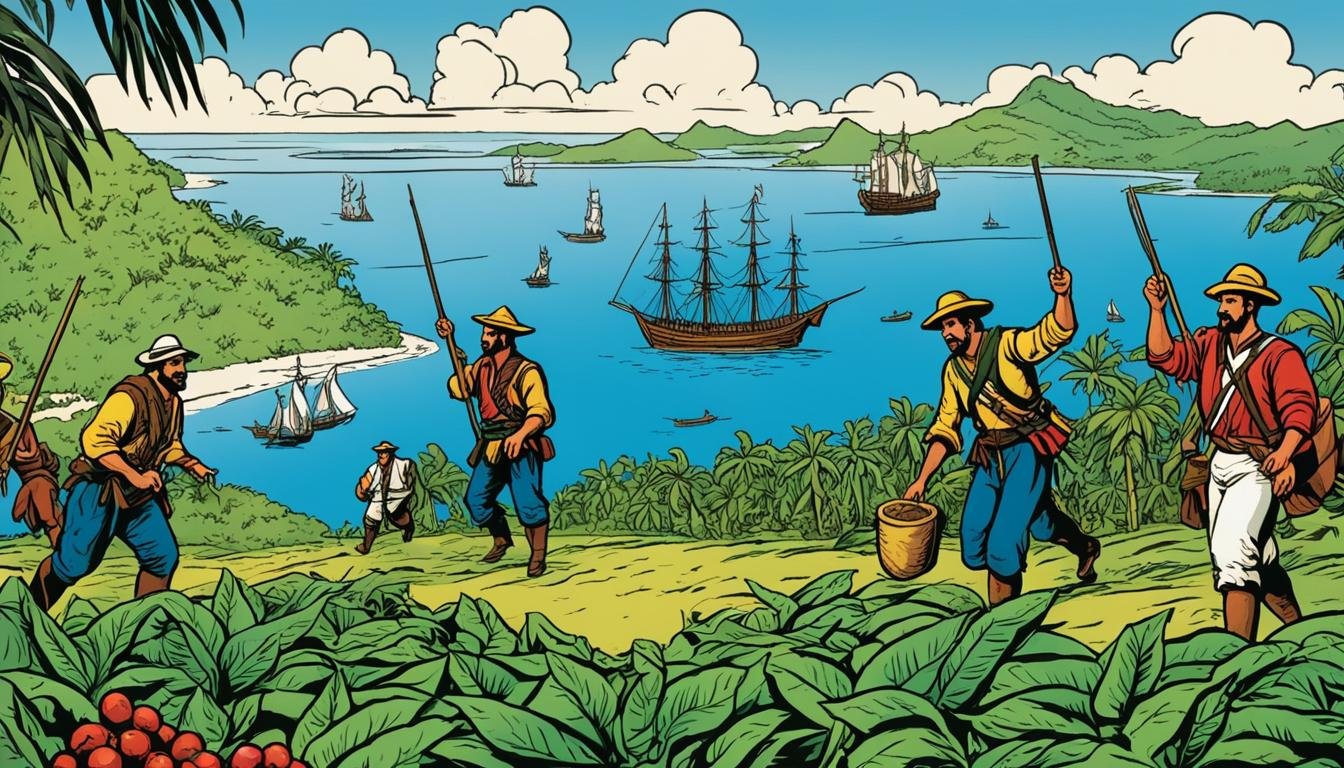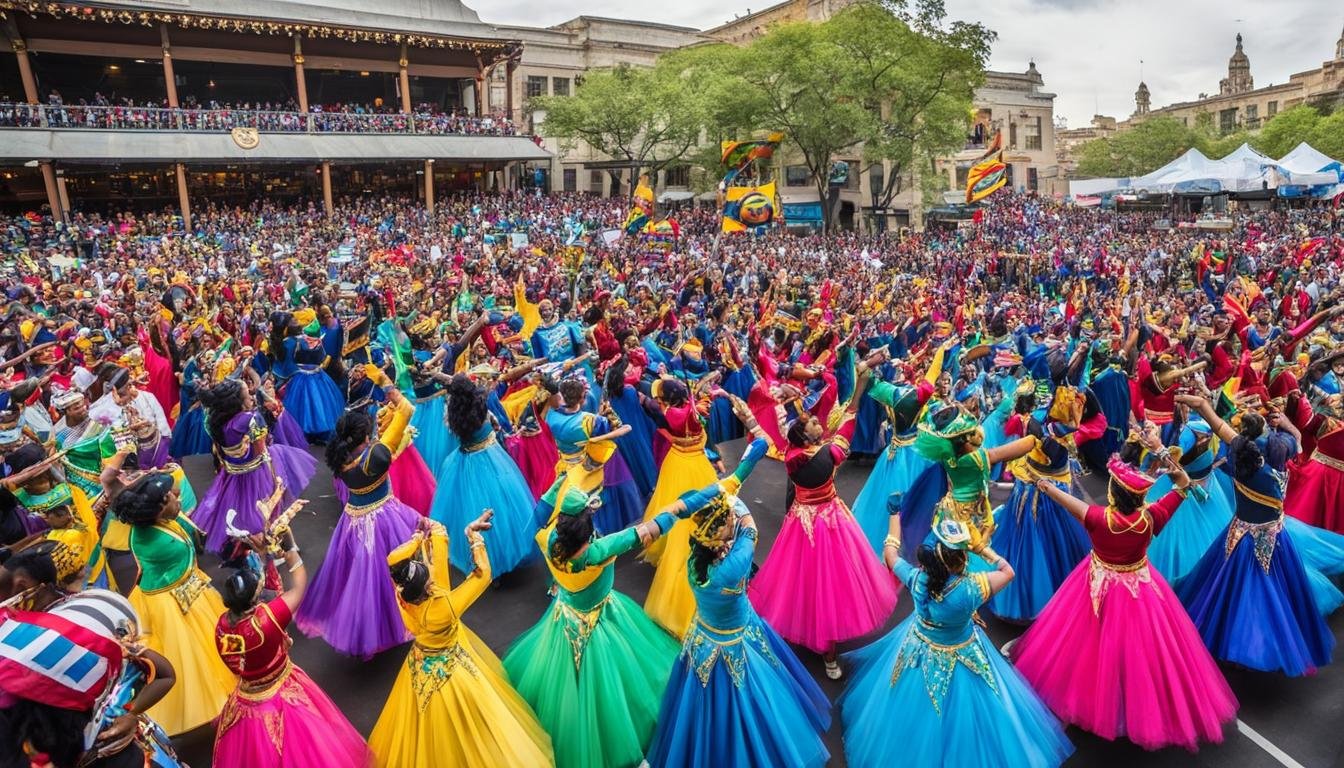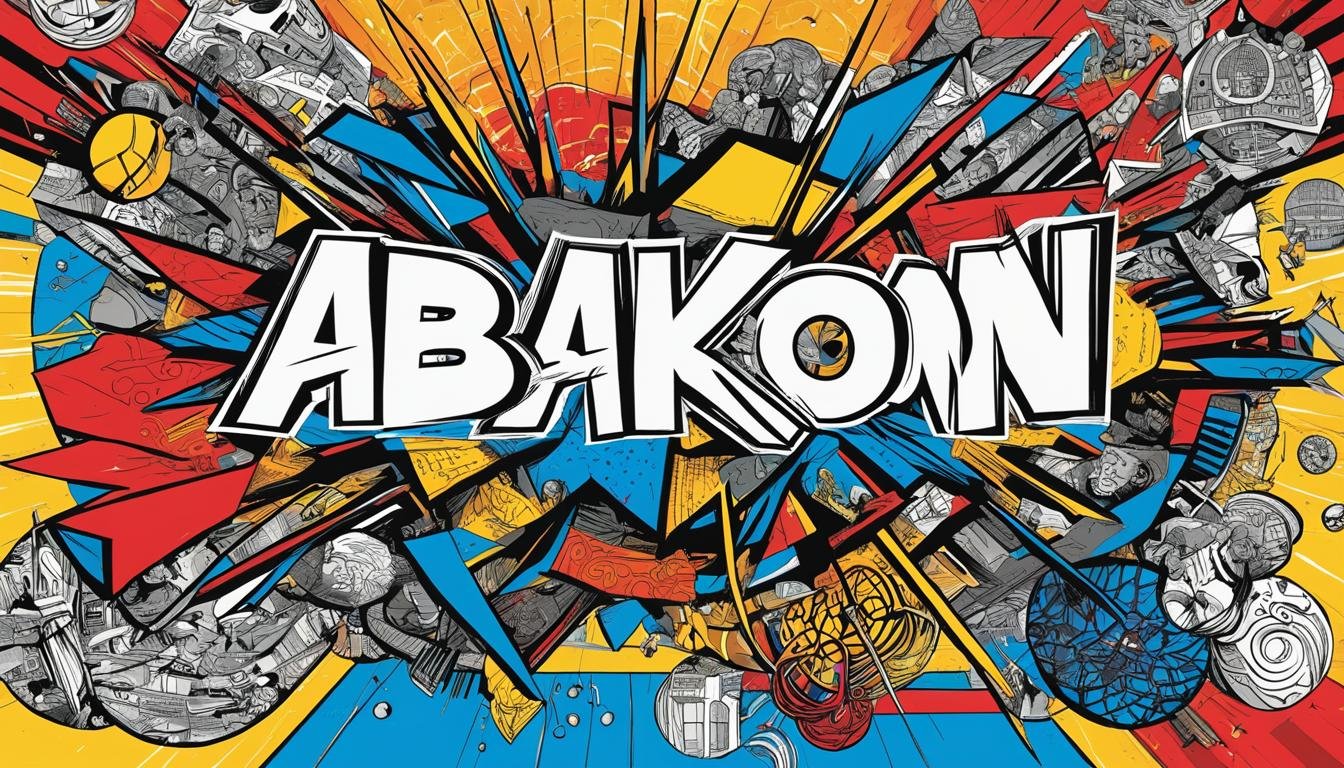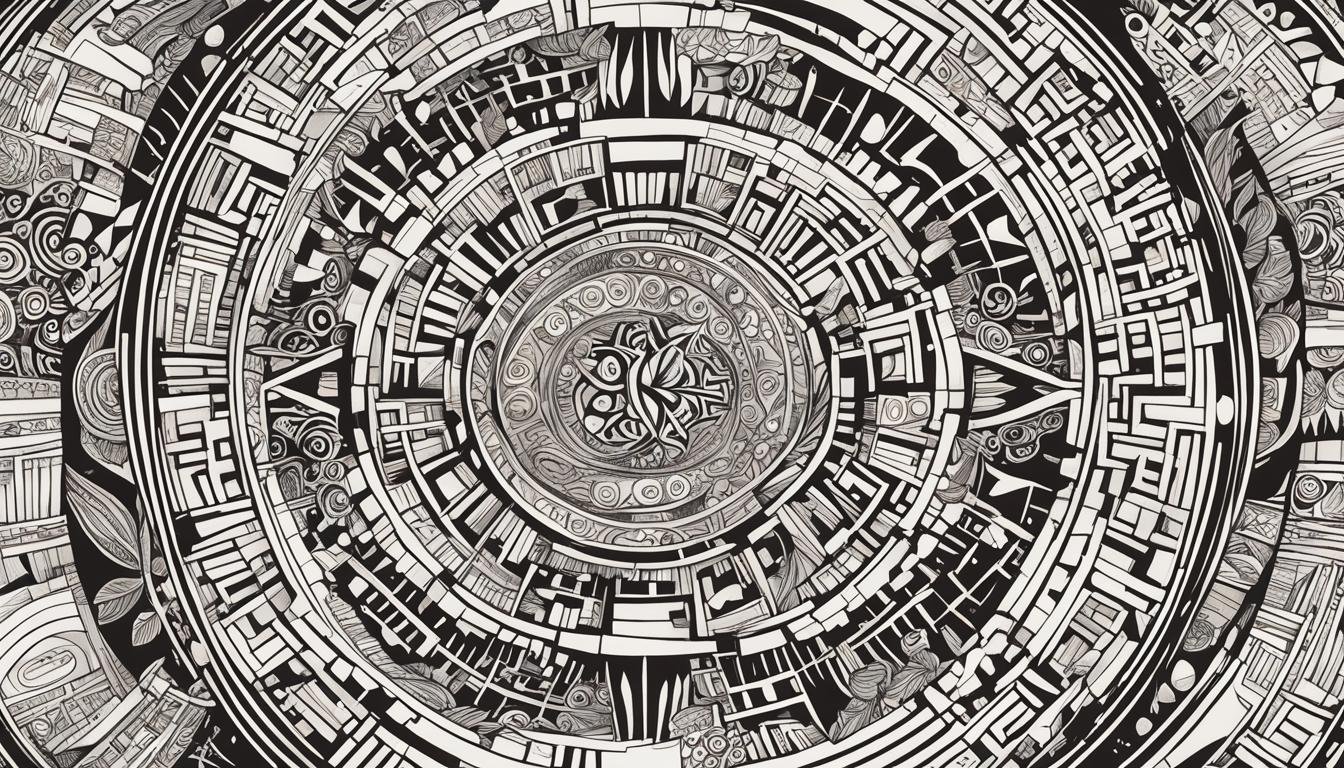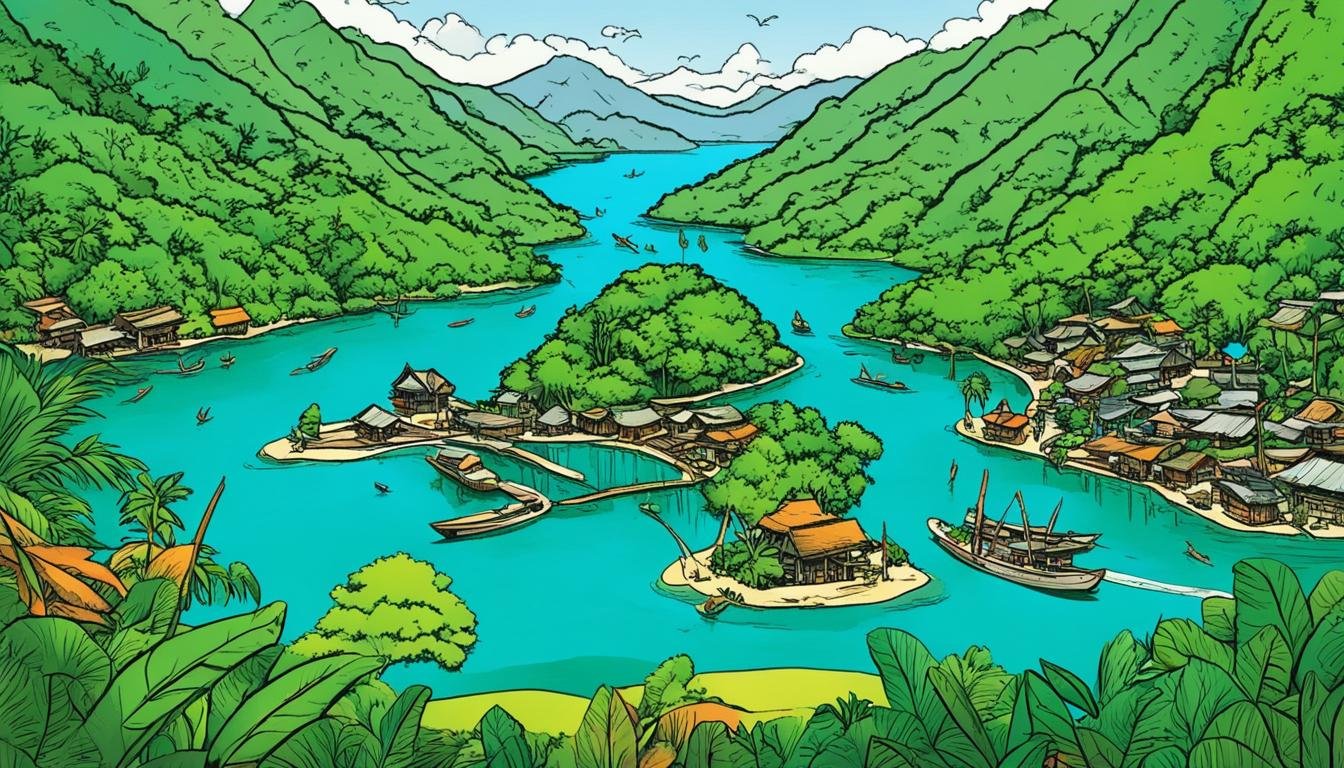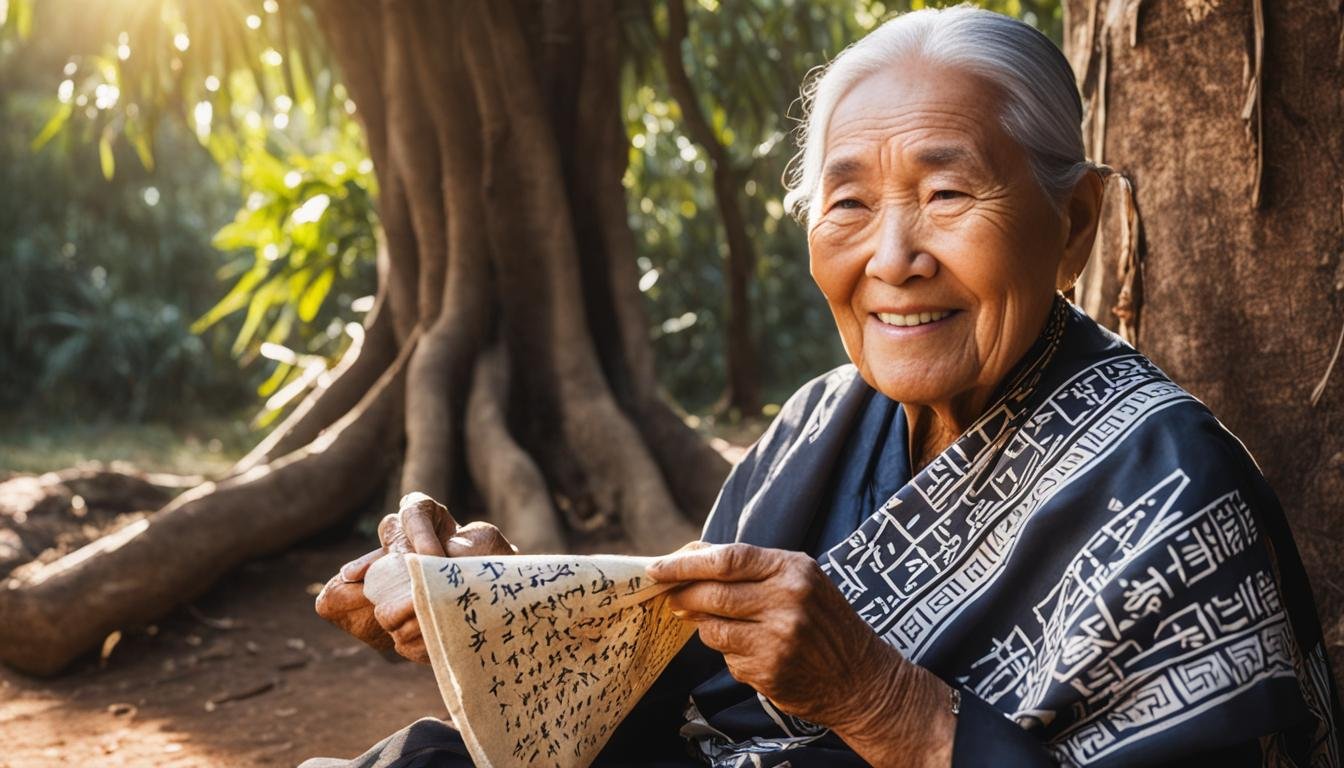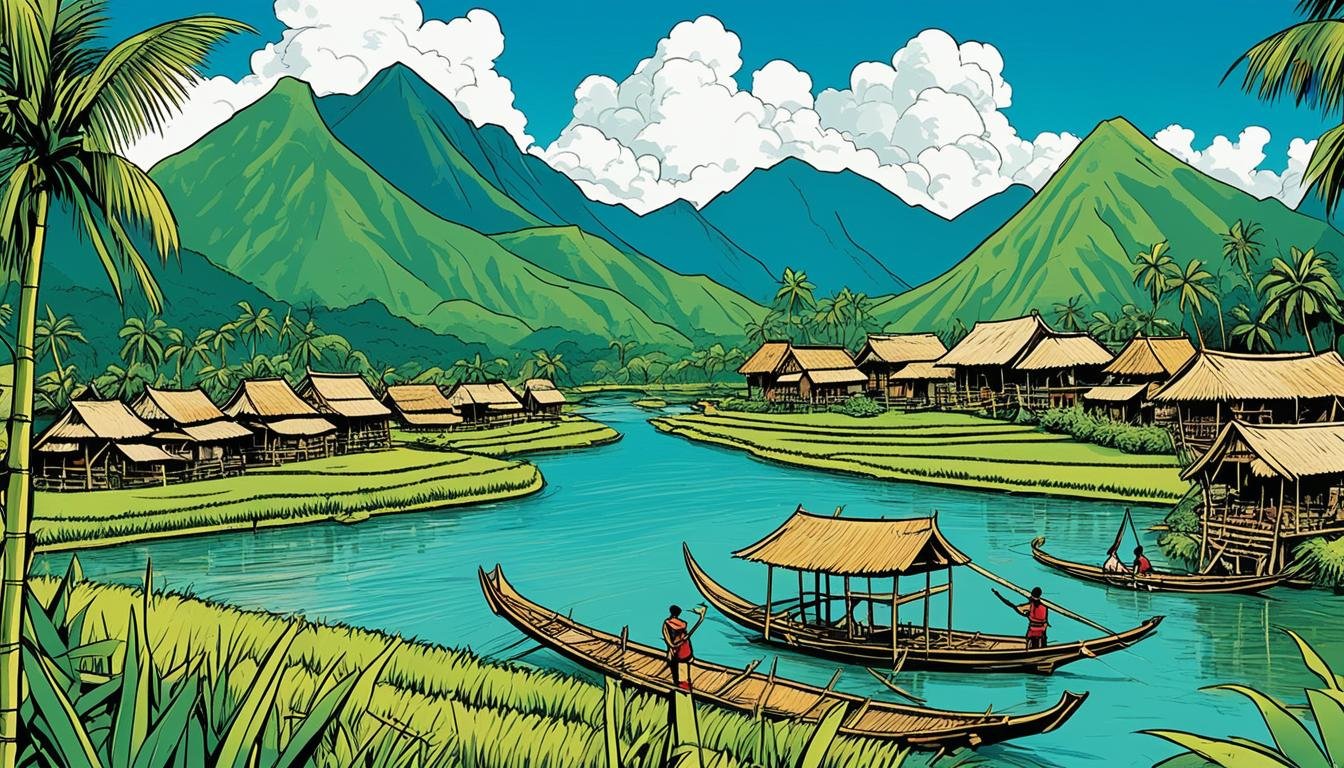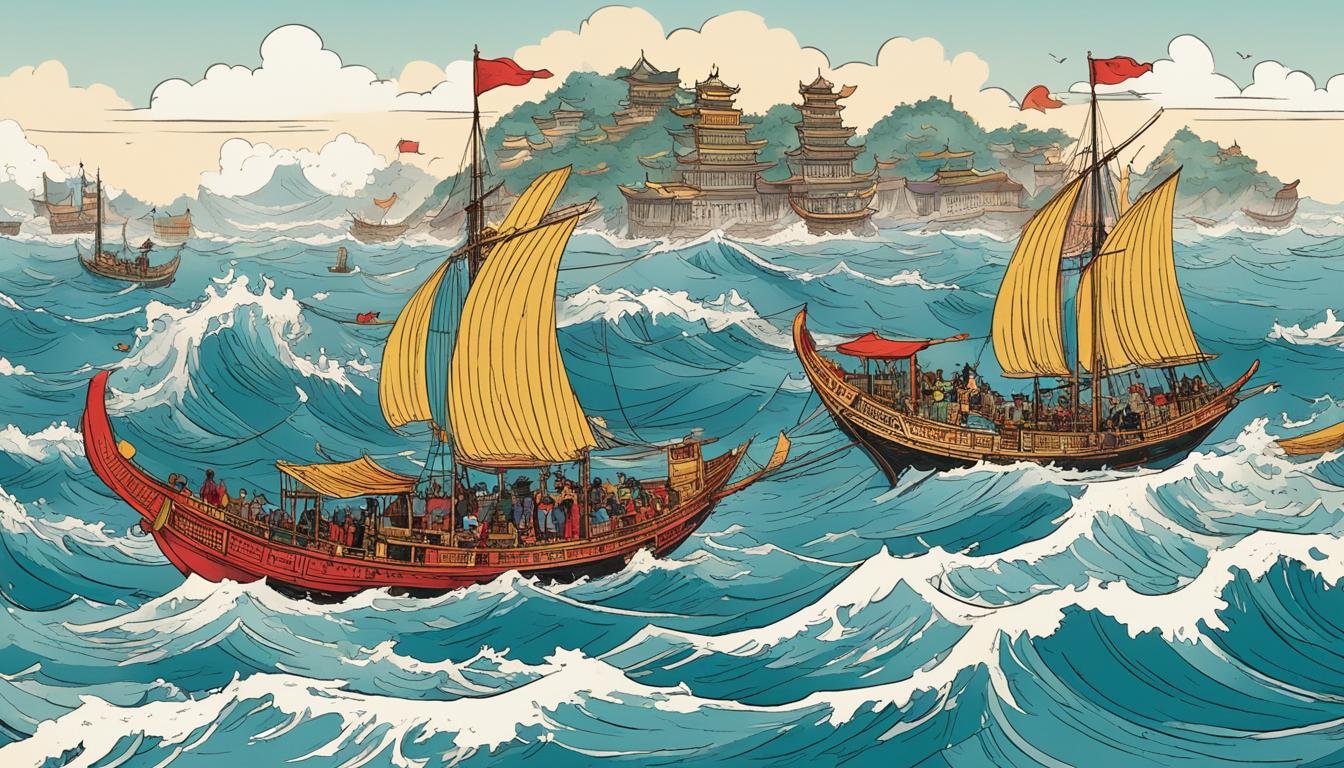For over three centuries, from the mid-16th to the late 19th century, the Philippines was a distant yet vital outpost of the vast Spanish Empire. At the apex of the colonial administration, representing the King of Spain in the archipelago, stood the Governor-General. This single office held immense power, shaping the destiny of the islands,…
Spanish Introduction of Tobacco and Coffee in the Philippines
The arrival of the Spanish in the Philippines in the 16th century marked a profound turning point in the archipelago’s history. Beyond the political and religious transformations, the colonial period fundamentally altered the economic history of the Philippines, particularly through the introduction and propagation of new cash crops. Among the most significant were tobacco and…
The First Sinulog Dance Contest 1980
The Sinulog Festival of Cebu City stands today as one of the Philippines’ most vibrant and widely recognized cultural and religious events. Attracting millions of devotees and tourists annually, its grand street parades, elaborate costumes, and energetic dance performances have become synonymous with the island province of Cebu. Yet, the modern spectacle we witness each…
The Abaknon Language: An Overview
The linguistic landscape of the Philippines is a vibrant tapestry woven from hundreds of distinct languages, each a repository of history, culture, and identity. Among these, the Abaknon language, spoken primarily by the people of Capul Island in Northern Samar, stands out due to its unique characteristics and intriguing historical connections. While geographically situated within…
Agta Language: Preserving the Linguistic Heritage of the Philippines
The archipelago known today as the Philippines is a tapestry woven from diverse cultures, histories, and, perhaps most profoundly, languages. With over 180 distinct languages spoken across its islands, the Philippines stands as a global hotspot for linguistic diversity. Yet, this rich heritage faces significant threats, with many of these languages teetering on the brink…
Philippine Ancestral Domain Sustainable Development and Protection Plan (ADSDPP)
The concept of land and its relationship to people holds deep historical and cultural significance across the globe. In the Philippines, this relationship is particularly complex, shaped by centuries of diverse indigenous practices, colonial impositions, and modern development pressures. At the heart of addressing the historical injustices and ensuring the future well-being of the nation’s…
Higaonon Language: Preserving an Indigenous Language in Mindanao, Philippines
The islands that comprise the Philippines are home to a rich tapestry of cultures and languages, a legacy shaped by millennia of indigenous development and centuries of external influence. Among the most vibrant, yet also among the most vulnerable, are the languages spoken by the Lumad peoples of Mindanao. These groups, collectively known as Lumad…
Ancient Philippines: A Comprehensive Overview
The history of the Philippines is a tapestry woven over millennia, extending far beyond the more commonly studied period of Spanish colonization. To truly understand the nation’s identity, one must delve into the rich, complex, and often underestimated era known as Ancient Philippines, or the pre-colonial Philippines. This period, stretching from the arrival of the…
Ancient Trade Between Southeast Asia and China
The history of the Philippine archipelago is intrinsically woven into the vast tapestry of ancient trade between Southeast Asia and China. Long before the arrival of European colonizers, the islands that would become the Philippines were dynamic participants in extensive maritime networks that crisscrossed the South China Sea and the wider Indian Ocean. This pre-colonial…
Antonio Pigafetta: Chronicler of the First Circumnavigation
The Age of Discovery was a period of unprecedented exploration, driven by European powers seeking new trade routes, resources, and territories. Among the most ambitious undertakings of this era was the first circumnavigation of the globe, a monumental voyage that forever changed humanity’s understanding of the world. While Ferdinand Magellan is widely credited with initiating…

